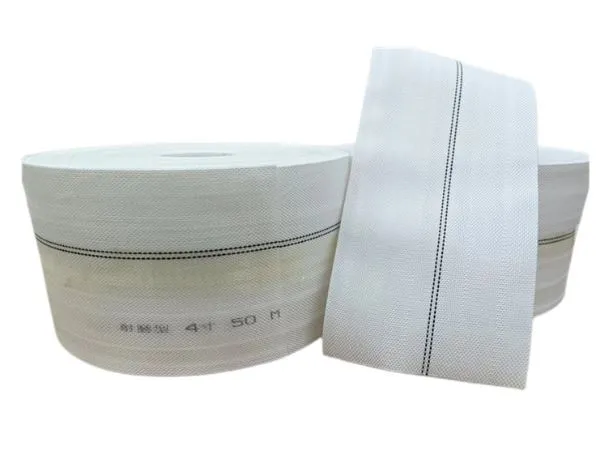Durable and Flexible Layflat Hose Solutions for All Your Irrigation Needs
Versatile Applications of Layflat Hose
Layflat hose, often referred to as flat hose, is a flexible and durable type of hose designed for a wide range of applications, particularly in the agricultural, industrial, and construction sectors. Made from high-quality materials such as PVC or rubber, layflat hoses are engineered to withstand pressure while being lightweight and easy to transport. Their unique flat construction allows for efficient storage and deployment, making them an essential tool for various tasks.
One of the primary uses of layflat hose is in irrigation. Farmers and agricultural workers appreciate its flexibility and ease of use for transporting water from a source to their fields. Unlike traditional circular hoses, layflat hoses can be easily rolled out across large distances, enabling the even distribution of water over expansive areas during irrigation. They can also be connected to pumps to facilitate quick and efficient water transfer.
In addition to irrigation, layflat hoses are indispensable in firefighting operations
. Fire departments utilize these hoses to transport large volumes of water from hydrants to the fire site. Their flat design not only allows for easy deployment on uneven terrain but also minimizes the risk of tripping hazards. Furthermore, many layflat hoses are designed to resist punctures and abrasions, providing reliable performance in critical situations where every second counts.layflat hose

The construction industry also benefits significantly from layflat hoses. They are commonly used for dewatering applications, allowing construction sites to effectively manage groundwater. By creating a system of pumping and distributing water using layflat hoses, workers can ensure that sites remain dry, preventing delays in construction due to flooding. Their ability to handle various fluid types, including potable water, wastewater, and even chemicals, makes them incredibly versatile.
Environmental considerations have further advanced the design and application of layflat hoses. Manufacturers are increasingly producing eco-friendly options made from recyclable materials, addressing the rising demand for sustainable practices. These innovations not only help in reducing the ecological footprint of their use but also ensure compliance with environmental regulations.
Lastly, layflat hoses offer significant cost-effectiveness. Their durability means that they have a longer lifespan compared to traditional hoses, reducing replacement frequency and overall costs. Their lightweight nature also translates to lower shipping and handling costs.
In summary, layflat hoses have established themselves as indispensable tools across various fields, including agriculture, firefighting, and construction. Their versatility, durability, and ease of use make them ideal for a multitude of applications, while ongoing advancements in design promise to enhance their efficiency and sustainability even further. Investing in high-quality layflat hoses can prove to be a sound decision for anyone looking to streamline their operations and ensure reliable performance in fluid transportation tasks.
-
Unrivaled Performance and Applications of PU Pneumatic Hoses and TubesNewsJun.11,2025
-
The Transparent World of Industrial Tubing and Hosing SolutionsNewsJun.11,2025
-
The Intricate World of Pneumatic Conduits: Tubes and HosesNewsJun.11,2025
-
The Dynamic Landscape of Pneumatic Conduits: Unraveling Key ComponentsNewsJun.11,2025
-
The Diverse Applications and Significance of Transparent PVC TubingNewsJun.11,2025
-
High - Pressure Pneumatic Tubing and Systems: An In - Depth LookNewsJun.11,2025














